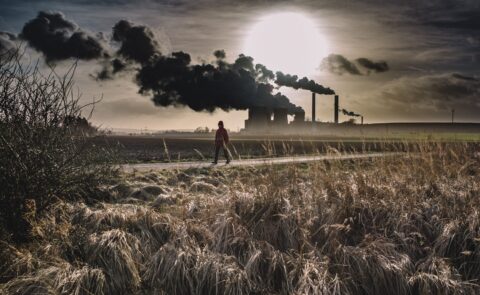Explainer
The Causes and Effects of Deforestation, Explained
Climate•8 min read
Reported
During a drought earlier this year in Australia, where temperatures reached 117 degrees Fahrenheit, farmers could barely afford to feed their cattle at $10,000 per truckload of hay. All their natural food and water sources are disappearing in a post-industrial climate that is becoming much hotter much quicker than we thought it would. Now, many animals are completely reliant on their farmers—driving around water trucks and tossing out bales of hay.


Words by Sentient Media
During a drought earlier this year in Australia, where temperatures reached 117 degrees Fahrenheit, farmers could barely afford to feed their cattle at $10,000 per truckload of hay. All their natural food and water sources are disappearing in a post-industrial climate that is becoming much hotter much quicker than we thought it would. Now, many animals are completely reliant on their farmers—driving around water trucks and tossing out bales of hay.
When temperature change accelerates beyond the current post-industrial rise of 0.8 degrees Celsius and towards the benchmark 2-degree shift that scientists now say is inevitable, many species will already be extinct. At 4.3 degrees Celsius, climate change will threaten one in six species. Sadly, this should not come as a surprise. Humans are already responsible for destroying 83% of the world’s wild animals.
Read the rest of our coverage here.